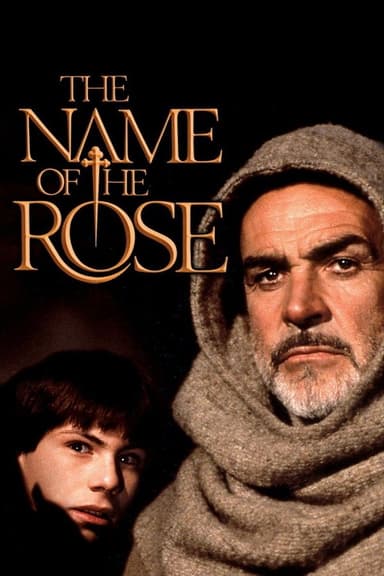
Atonement
2007 • Drama, Romance • R
A young girl irrevocably changes the course of several lives when she accuses her older sister's lover of a crime he did not commit.
Runtime: 2h 3m
Why you should read the novel
While the film adaptation of Atonement is visually stunning and emotionally powerful, the novel by Ian McEwan offers a more intimate and immersive experience. McEwan’s prose allows you to delve deeply into the characters’ thoughts, motivations, and shifting perceptions in ways a film cannot fully convey. The subtle nuances of Briony’s guilt and the novel’s exploration of memory and storytelling shine with particular intensity on the page.
Reading the book enables you to appreciate McEwan’s intricate structure and masterful narrative voice. You will witness firsthand how the story unfolds through multiple perspectives, creating ambiguity and tension that the movie necessarily simplifies. The novel’s layering of truth, imagination, and misunderstanding becomes a rich, absorbing puzzle.
If you crave a story that lingers long after the final page, Atonement is essential reading. Unlike the movie, the book lets you appreciate the full complexity of love, betrayal, regret, and the haunting power of words—a literary journey that’s impossible to replicate on screen.
Adaptation differences
One major difference between the Atonement novel and its film adaptation is the depth of narrative perspective. The book immerses readers in the inner worlds of its central characters, particularly Briony, Robbie, and Cecilia, offering layers of introspection and ambiguity that the movie condenses for cinematic flow. Details of their motivations, thought processes, and emotional turmoil are richer on the page, giving readers a nuanced understanding that often gets lost in translation to film.
Another key difference lies in the novel’s structure. The book is divided into multiple parts, interspersed with shifts in time and narrative voice, including a metafictional twist revealed at the end. While the movie strives to replicate this, it simplifies certain aspects and does not fully capture the metafictional self-awareness of Briony's final section, which serves as a profound commentary on guilt, storytelling, and atonement itself.
The treatment of events and relationships also differs. For instance, Robbie and Cecilia’s love story is more developed and complex in the book, presenting a fuller context for their separation and longing. Secondary characters and the impact of Briony's accusation receive greater attention as well, deepening the consequences of her actions beyond what is possible within the film's runtime.
Finally, the novel provides a greater sense of ambiguity and emotional ambiguity, particularly regarding Briony’s remorse and the ultimate fate of the main characters. The film delivers a more definitive explanation and dramatic climax, potentially leaving viewers with less room for interpretation. The subtleties of language, theme, and the weight of personal responsibility are more powerfully realized when experienced in McEwan’s original prose.
Atonement inspired from
Atonement
by Ian McEwan







